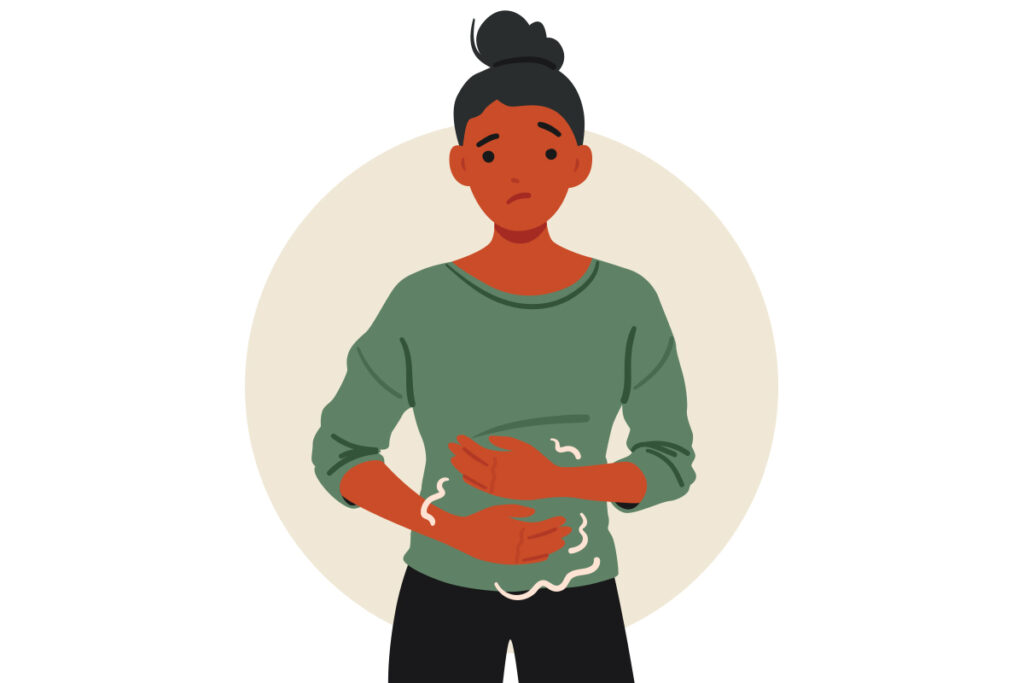Myths & Misconceptions About Heart Disease
Heart disease kills more Americans each year than any other disease. It is important that people of all ages are educated about the health risks associated with this disease. Below are some common misunderstandings paired with the real facts.

Myth: Heart disease only affects older people.
According to the American Heart Association, even young and middleaged people can develop heart problems, especially with the rise in childhood obesity and Type 2 diabetes.
Myth: Symptoms will warn me that a heart attack is coming.
According to the National Heart Lung and Blood Institute, of the people who die from heart attacks, about half die within an hour of the first symptoms and before they reach the hospital. A heart attack may cause subtle symptoms such as shortness of breath, nausea, lightheadedness, and pain or discomfort in one or both arms, the jaw, neck or back.
Myth: I don’t need to have my cholesterol checked until I’m middle aged.
The American Heart Association recommends cholesterol tests beginning at age 20 and earlier if there is a family history of heart disease.
Myth: I am not at risk for a heart attack because I am thin and I exercise.
According to the Cleveland Clinic, even thin people who exercise can have a heart attack. Individuals who don’t fit the typical profile for heart disease but exhibit symptoms should consult with their doctor immediately.
Myth: Men are more likely to get heart disease than women.
More women than men die of heart disease each year, according to the National Coalition for Women with Heart Disease. Approximately 23 percent of women will die within one year of a first recognized heart attack, as opposed to 18 percent of men.
Myth: Heart disease runs in my family, so there’s nothing I can do to prevent it.
Although people with a family history of heart disease are at higher risk of developing heart disease, healthy lifestyle choices can reduce risk.
Myth: I should avoid exercise after having a heart attack.
According to the National Institutes of Health, exercise strengthens the heart and reduces the risk of future heart attacks and heart disease. Heart attack survivors should consult a doctor to determine what level of exercise is safe and how to get more activity into daily routines.




